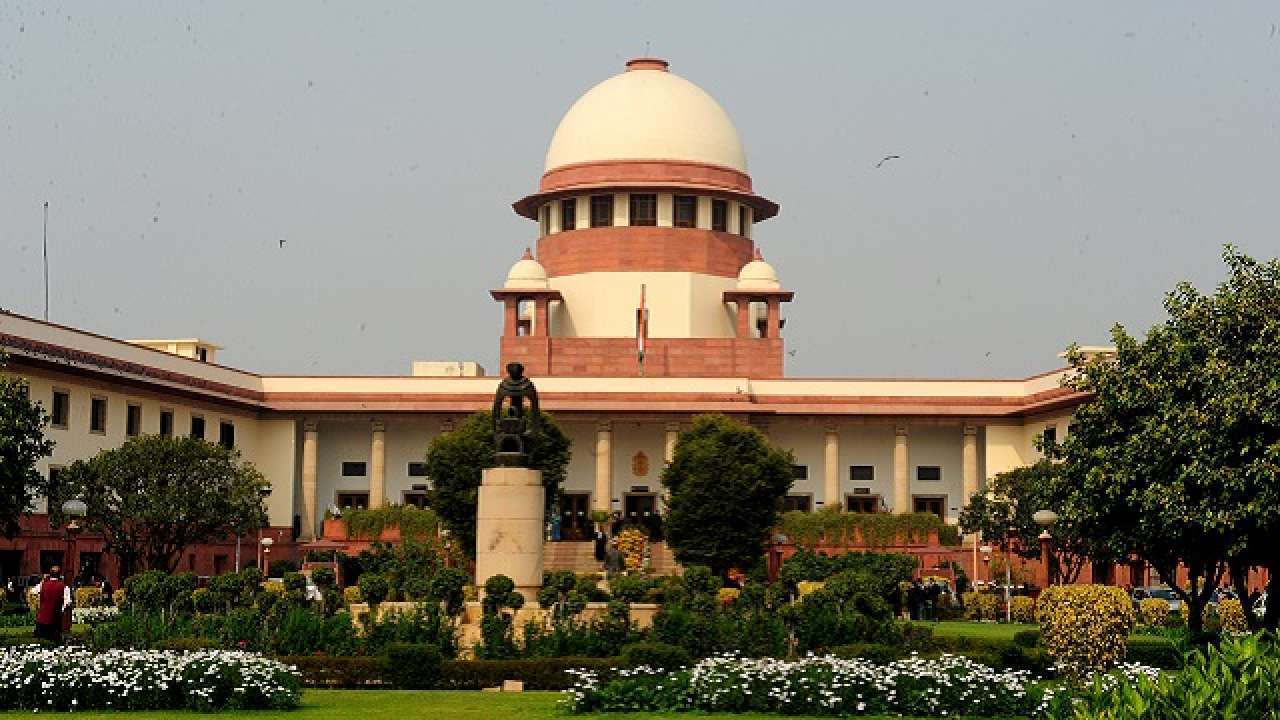Supreme Court Judgement on Abortion: The Supreme Court has declared that all women have the right to safe and legal abortions up to 24 weeks of pregnancy, no matter their marital status. An abortion regulation that made a distinction between married and unmarried women was “artificial and constitutionally unsustainable,” according to a bench of Justices DY Chandrachud, JB Pardiwala, and AS Bopanna.
Buy Prime Test Series for all Banking, SSC, Insurance & other exams
Supreme Court Judgement on Abortion: Key Points
- The bench determined that unmarried and single women with pregnancies between 20 and 24 weeks cannot be denied access to safe and legal abortion.
- The Medical Termination of Pregnancy Act of 1971 had made it illegal for unmarried women who were 20–24 weeks pregnant after having consenting intercourse to have a legal abortion.
- In reference to the MTP Act’s pertinent provision, the court’s ruling stated that “it seems to us that to give Rule 3B a restrictive and narrow interpretation would render it perilously close to holding it unconstitutional, because it would deprive unmarried women of the right to access safe and legal abortions between 20 and 24 weeks if they face a change in their material circumstances similar to married women.”
Supreme Court Judgement on Abortion: Criteria
The categories of women whose pregnancies may be terminated up to 24 weeks are outlined in Rule 3B. According to the MTP Act’s regulations, only rape survivors, minors, women whose marital status changed during their pregnancies, people with mental illnesses, and women who have foetal malformations are permitted to end their pregnancies. According to the Act and regulations, pregnancy abortion is only permitted up to 20 weeks in pregnancies involving consenting sex. The SC held on Thursday that such discrimination went against the right to equality.
The decision stated that there should be no distinction made regarding abortion between married and unmarried women because “the decision to have or not to have an abortion is borne out of complicated life circumstances, which only the woman can choose on her own terms without external interference or influence. Reproductive autonomy requires that every pregnant woman has the intrinsic right to choose to undergo or not undergo abortion without any consent or authorization from a third party.
Supreme Court Judgement on Abortion: Appeal and Judgement
Appeal in Supreme Court:
The decision was reached after a 25-year-old single woman filed an appeal against the Delhi High Court’s decision to deny her request to terminate her consensual relationship-based pregnancy after her partner refused to get married and left her.
Verdict of Supreme Court:
The verdict stated that “the right to dignity encapsulates the right of every individual to be treated as a self-governing entity having intrinsic value. It means that every human being possesses dignity merely by being a human, and can make self-defining and self-determining choices.” The woman alone, the verdict stated, “has the right over her body and is the ultimate decisionmaker on the question of whether she wants to undergo an abortion.”
The Supreme Court issued instructions to the government authorities, ruling that “the state must ensure that information regarding reproduction and safe sexual practises is distributed to all parts of the population.” The Supreme Court has made it clear that it used the term “woman” in its ruling “as including persons other than cisgender women who may require access to safe medical termination of their pregnancies.”
The judgement continues, “Further, it (state) must ensure that all segments of society have access to contraceptives to prevent unintended pregnancies and plan their families; medical facilities and RMPs must be present in every district and must be affordable to all; the government must ensure that RMPs treat all patients equally and sensitively; and treatment must not be withheld on the basis of a patient’s race, gender, or sexual orientation.”



 Indian Olympic Medal Winners List Till N...
Indian Olympic Medal Winners List Till N...
 Who is the Inventor of the Gramophone?
Who is the Inventor of the Gramophone?
 HS Dhaliwal Appointed New DGP Of Andaman...
HS Dhaliwal Appointed New DGP Of Andaman...
